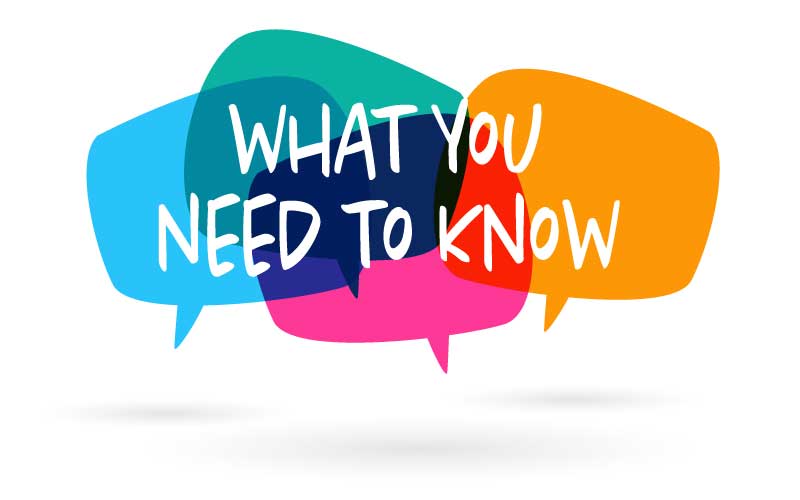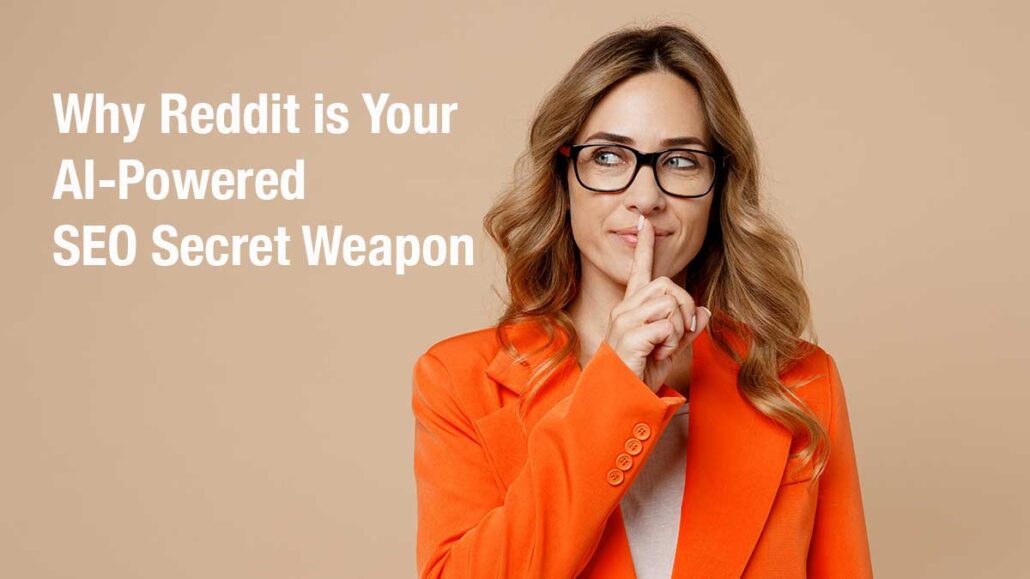What Is a Large Language Model (LLM)?
A large language model like ChatGPT is an AI that has been trained on a massive dataset of text and code. It predicts the next word in a sequence, allowing it to generate human-like text in response to a prompt. This makes it a powerful tool for a variety of tasks, but it also has limitations. It is not a search engine and its knowledge cutoff means it can’t provide information about events or data after its training period.
Google’s Updated Stance on AI-Generated Content
Google’s official guidance is clear: AI content is not inherently spam. The company’s ranking systems are designed to reward helpful, original, and high-quality content, no matter how it was produced. The key is that the content must be created primarily for people, not for manipulating search rankings.
- It’s About Quality, Not Creation Method: Google’s anti-spam algorithms, like SpamBrain, are designed to detect unhelpful, low-quality content, whether it’s written by a human or an AI. This includes content that is simply a rehash of existing information without any original value, or content that makes no sense to the reader.
- The E-E-A-T Framework is Paramount: This is where the human touch becomes essential. Content that ranks well on Google demonstrates E-E-A-T (Experience, Expertise, Authoritativeness, and Trustworthiness). While an AI can generate a list of facts, it cannot provide the firsthand experience or unique insights that a human expert can.
- Google’s Stance on AI Detection: While there are many third-party tools that claim to detect AI-generated content, Google’s focus is on identifying patterns of unhelpful content rather than simply flagging something as AI. Google has stated that its systems are designed to detect spam and low-quality content regardless of the tool used to create it.
Using AI as a Strategic Tool in SEO and Digital Marketing
Instead of seeing AI as a threat, marketers should view it as a powerful tool to enhance their work. It can streamline processes and free up time for what truly matters: creating impactful, people-first content.
- For Content Creation: Use AI to overcome writer’s block, generate outlines, brainstorm topics, or rephrase a tricky sentence. It can be an excellent starting point, but every piece of content must be reviewed, edited, and refined by a human. Inject your brand’s unique voice, personal anecdotes, and original insights to add value that an AI simply cannot.
- For Technical SEO: AI can assist with technical tasks that are time-consuming and prone to human error. This includes generating basic schema markup, creating robots.txt files, or analyzing large datasets for on-page optimization.
- For Research: AI can quickly summarize information from various sources to give you a strong foundation for your own research. However, it’s critical to verify the accuracy of the information and rely on credible sources, especially for YMYL topics.
- For YMYL Content: Do not use AI to write content that falls into the Your Money or Your Life category. Google has very high standards for accuracy and trustworthiness for these topics. Content related to health, finance, or safety must be created or rigorously reviewed by a qualified expert. The effort, originality, and skill of a human writer are non-negotiable for this type of content.
Final Takeaway: The Human-in-the-Loop Approach
The most effective approach to using AI in SEO is a “human-in-the-loop” model. Use AI for what it does best—efficiency and data processing—and use your human skills for what AI cannot replicate: creativity, empathy, firsthand experience, and critical thinking.
Your audience wants to connect with a brand that has a clear voice and a genuine point of view. They want content that feels like it was written for them, by a person who understands their needs. While AI can be a powerful assistant, it should never be a replacement for the human talent that builds trust and authority.




